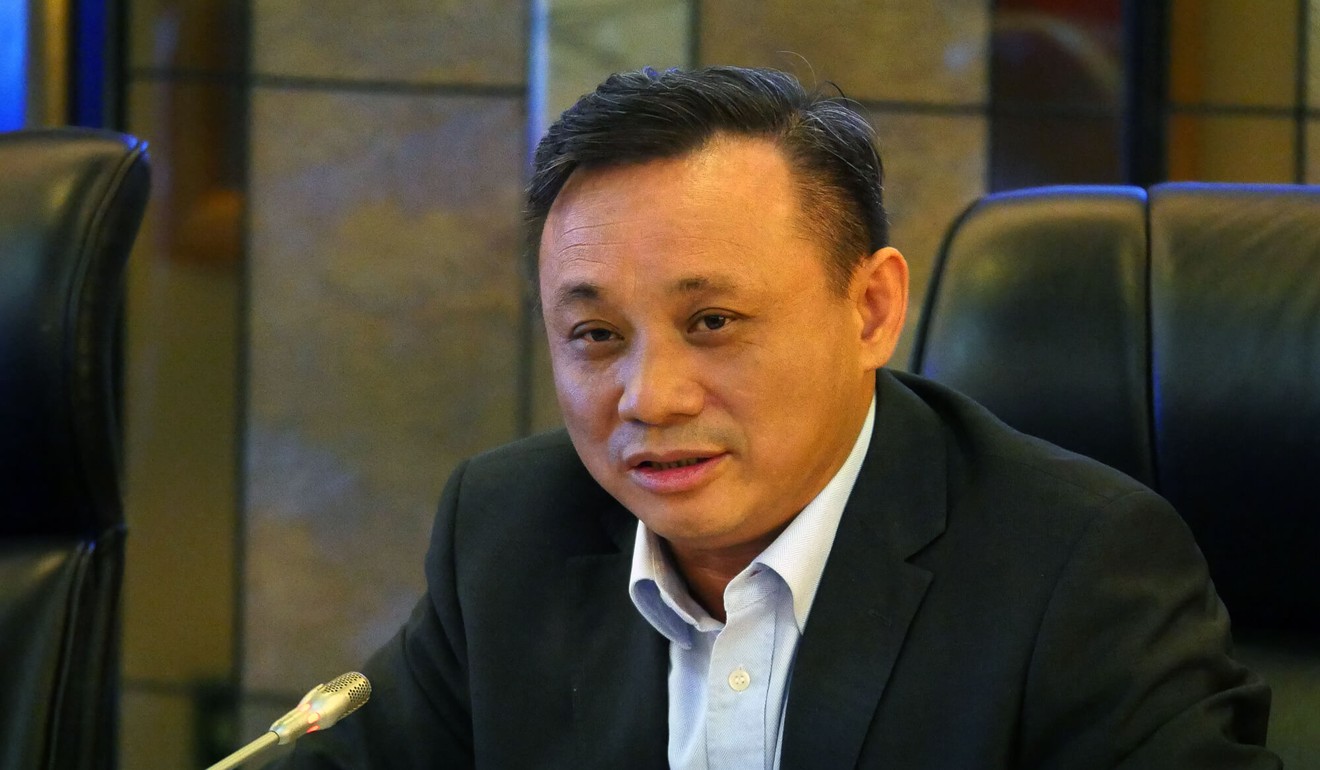
Cadres in ‘China’s Davos’ told to apologise to ski resort for ‘improper intervention’
Government says it will punish those involved after entrepreneur Mao Zhenhua complained in video about authorities ‘illegally taking land’
A provincial government in China has ordered a local committee to apologise to a privately run ski resort after its chairman complained on social media that the company had been treated unfairly.
The government of Heilongjiang, the province on the border with Russia, on Thursday told the Yabuli Administrative Committee to apologise to Sun Mountain for occupying land leased by the ski resort and “improper intervention” in its business operations.
Responding to complaints made by resort chairman Mao Zhenhua, a prominent Chinese entrepreneur, the provincial government also said any cadres involved would be punished.
The public complaint from Mao – who is also the founder of rating agency China Chengxin and a professor at Renmin University – comes as the ruling Communist Party is trying to reassure entrepreneurs that they will be treated fairly by the government.
China’s cabinet said in a statement on Wednesday it would improve the business environment for private investors and protect their legal interests.
The following day, the Heilongjiang government issued a statement on Mao’s case.
“The leadership of the administrative committee will sincerely accept the criticism and supervision of Mao and the media and will take their advice seriously to make amends,” the statement published on the People’s Daily website said.
On Sunday, Mao posted a three-minute video on social media in which he accused the administrative committee of occupying his resort’s land and trying to monopolise the market in Yabuli, which is described as a Chinese-style Davos.
“They are both government and enterprise. Using their government authority, they illegally took away [land] from our private firm,” Mao says in the video. “They did it without any explanation or apology.
“Law enforcement agencies came to us frequently to make trouble, claiming they were checking the food quality or boiler safety,” he says. “They’ve never done one [good] thing for us.”
Mao declined to comment when reached by the South China Morning Post.

The video went viral on Chinese social media and triggered a nationwide debate about the worsening business environment – especially in the northeastern provinces of Heilongjiang, Jilin and Liaoning – as the state becomes increasingly intrusive and private firms have little means to protect their interests.
It is not uncommon for private businesses to fall foul of state or local policy changes. In Beijing recently, small manufacturers and factories on the outskirts of the city were told to immediately close down and relocate, even though they had all the necessary licences.
But Mao, whose rating agency has a joint venture with Moody’s, was able to make his voice heard.
The Heilongjiang government responded to his complaints two days after they were made, saying the case was being investigated, before it issued the statement on Thursday.
But while the authorities took action in this case, analysts said there was a long way to go to improve the business environment in China.
Beijing in September issued a directive to protect private property and encourage entrepreneurs, amid a slowdown in private investment and a sharp rise in outbound spending.
Private investment rose only 3.2 per cent in 2016, but outbound investment, mainly by private firms, hit a record high of US$170 billion that year, according to official data.
Tang Dajie, secretary general of the China Enterprise Institute, a Beijing-based think tank, said the high-profile directive had not yet translated into substantial action.
“Old problems remain at the local level and it has become even more unfriendly for private firms, as we’ve seen in disruptions to production in the north this winter when the authorities were forcing through the environment policy to shift from coal to natural gas for heating,” he said.
Zhang Lin, a researcher at the Unirule Institute of Economics, warned that China’s business environment had long been difficult and the problems were magnified as economic growth slowed.
In the independent think tank’s latest survey, private company owners rated China’s business environment somewhere near the pass mark, particularly in the northeast where state-owned enterprises are dominant.
“Some private firms felt the operating environment was getting harder, and they wanted the administrative approval process to be streamlined and taxes and fees reduced,” he said.

